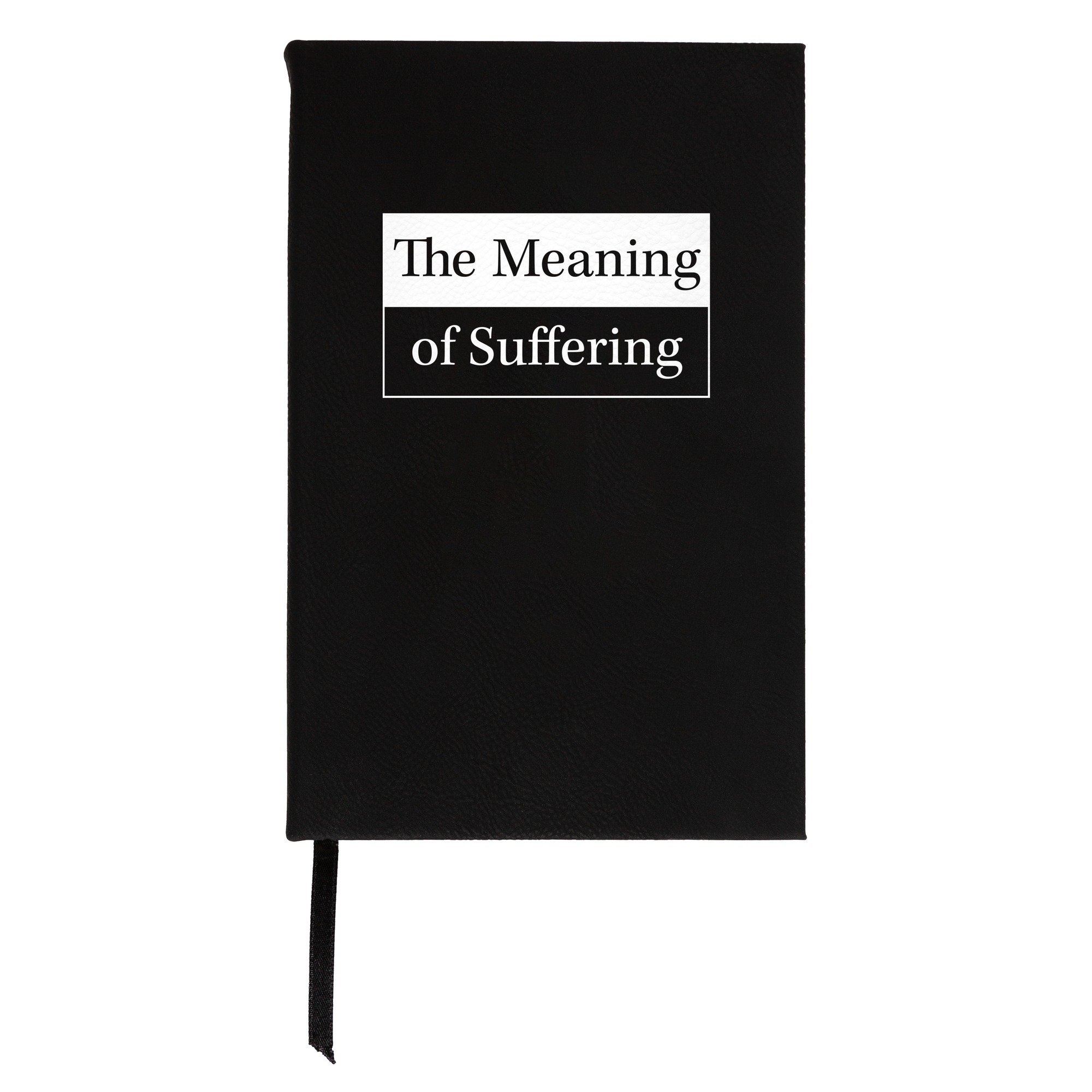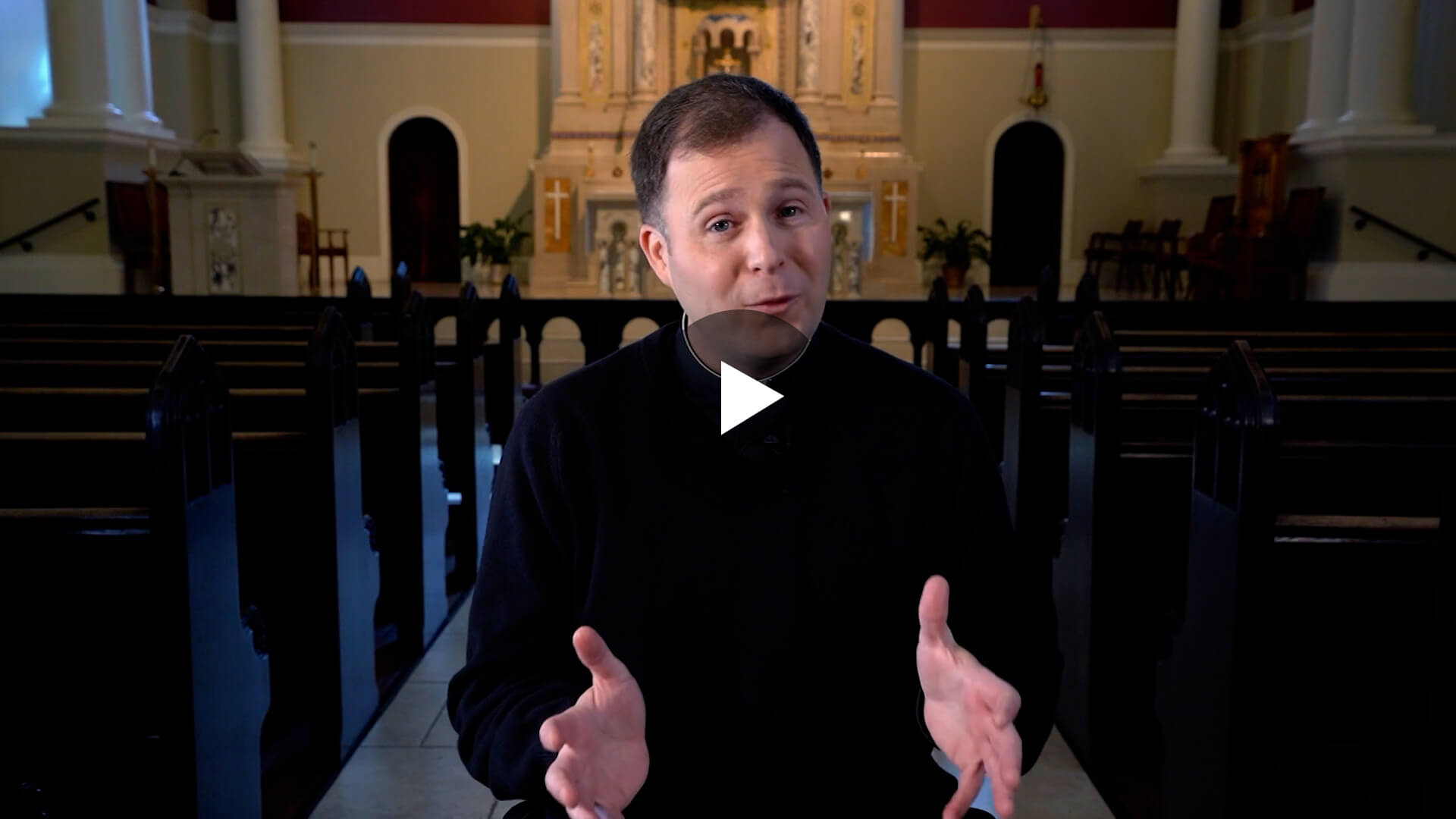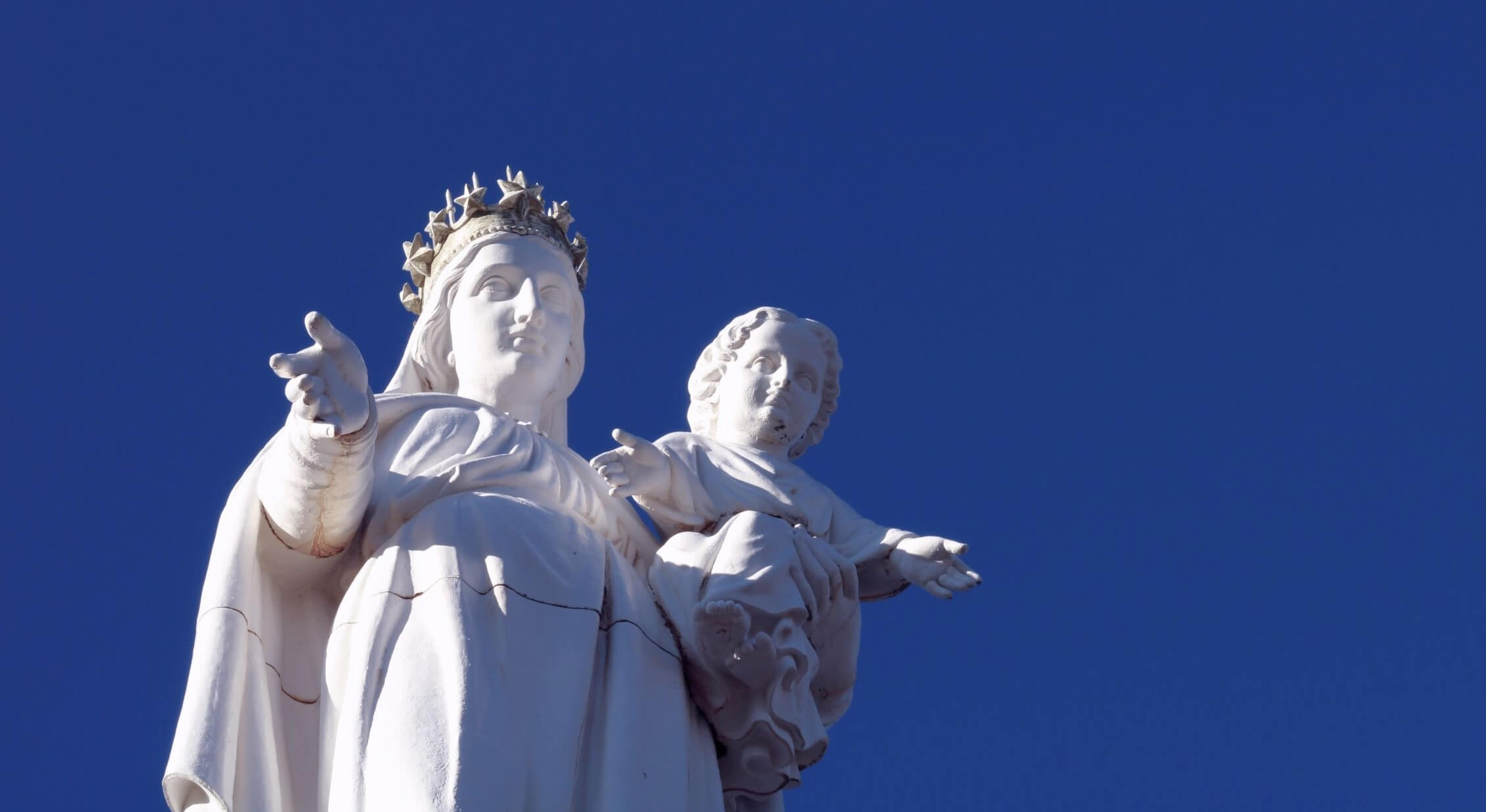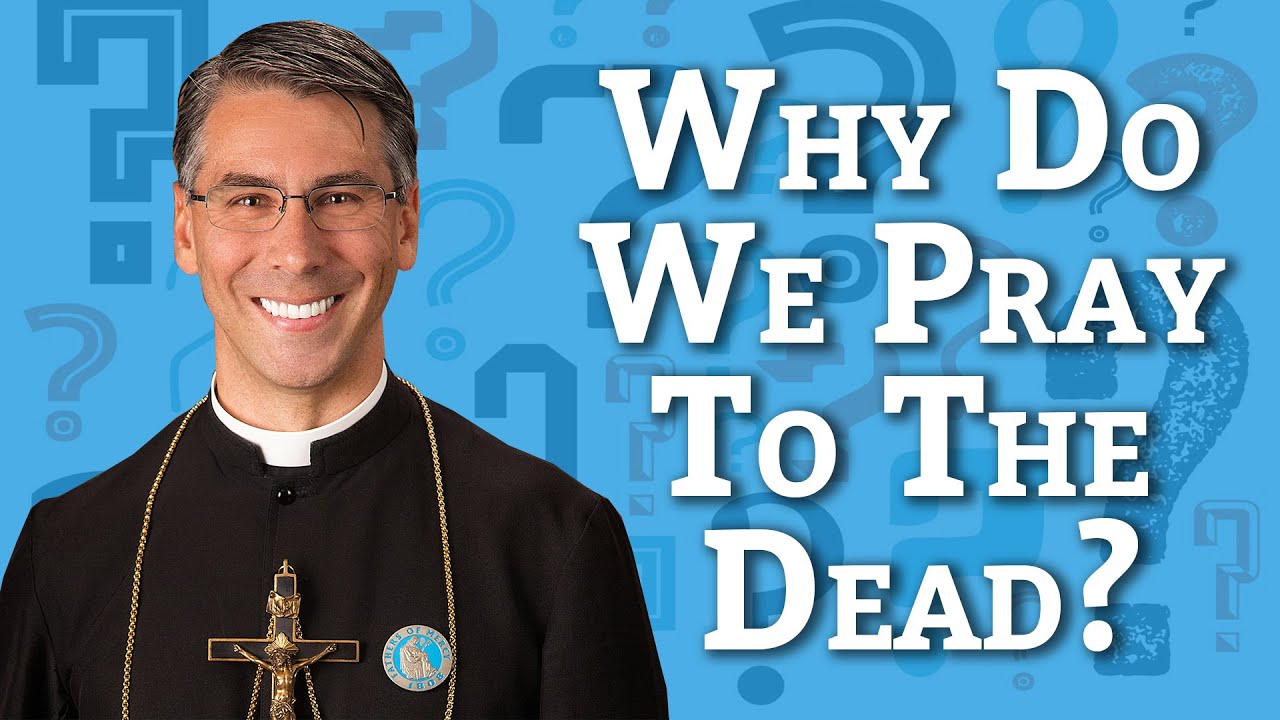
I pulled up to a red traffic light the other day and when it turned green, the car in front of me didn’t move. I waited and waited—but the car still didn’t move. A few more lengthy seconds went by and I was just about to tap on my horn when the driver in the car behind me blared on her horn extensively—until the man in the car in front finally looked up, checked the rearview, and slammed on the gas to get through the now almost-red light.
A few hours later, the same thing occurred again at another traffic light (this time I was the one laying on the horn). Annoyed, I vowed to myself not to be the one distracted by my phone at a traffic light, or wherever.

But a day or so later, as I left the grocery store and walked to my car, I glanced at my phone. Seeing a text from my son, I started to respond. About halfway through the text, my heart jumped out of my chest when I was suddenly startled by a LOUD car horn that jolted me “awake.” Now aware that I was in the middle of the street where I had walked right in front of a moving car as it was exiting the parking lot, I looked at the driver, whose face instantly told me the state of his mind.
His eyes were wide and his hands were up in a “What’s with you?” gesture that made me feel ashamed that I had been so carelessly distracted. I mouthed an apology and walked demoralized to my car.
This kind of thing happens to the best of us in this day when technology is at our fingertips—and yet a wake-up call is often necessary to remind us just how dangerously distracted we can be.
Why Is Epiphany Our Wake-Up Call?
Epiphany brings us another kind of wake-up call—and this kind is even more jolting and alarming, because it speaks to the state of our eternal souls.
The Feast of the Epiphany recalls the Magi’s journey as they followed the Star of Bethlehem in search of the foretold King of Kings. It’s also known as the “Twelfth Day” because it occurs 12 days after Christmas. The Gospel of Matthew tells the story of the first Epiphany:
Now after Jesus was born in Bethlehem of Judea in the days of Herod the king, behold, magi from the East arrived in Jerusalem, saying, “Where is he who has been born King of the Jews? For we saw his star in the East, and have come to worship him.”
Matthew 2:1-2
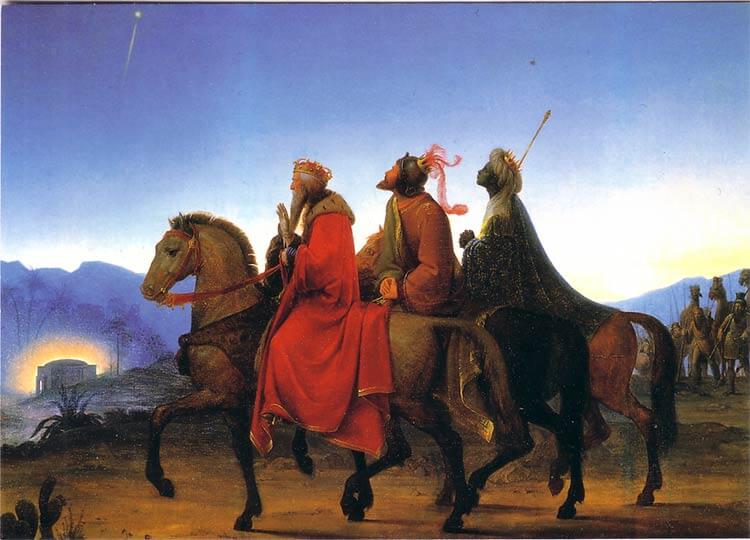
The Magi set an impressive example in seeking Christ. We can imagine how tough it must have been to travel in ancient times (at least there were no distracted drivers at traffic lights). The terrain was difficult and exposure to danger from criminals and other threats along the way was real. But these men traveled because they believed.
What was most remarkable, however, was who they were. They were wealthy, noble Persians who carried gifts of “gold, frankincense, and myrrh”—they were Gentiles seeking a Jewish King. Their gifts signify their acknowledgment of Christ’s identity: they bring gold as the worthy gift for a King, frankincense to honor His divinity, and myrrh—an embalming ointment—to acknowledge the death He would die.
The Magi’s arrival in Jerusalem is described in the Gospel as a public event. Matthew writes: “And when Herod the king heard it, he was troubled, and all Jerusalem with him.” Troubled as he is, Herod then goes to ask the religious establishment about this king that the Magi are searching for.
And gathering together all the chief priests and scribes of the people, he began to inquire of them where the Christ was to be born. And they said to him, “In Bethlehem of Judea; for so it has been written by the prophet, ‘And you, Bethlehem, land of Judah; are by no means least among the leaders of Judah; for out of you shall come forth a Ruler, who will shepherd My people Israel.’”
Matthew 2:4-6
It had been predicted in Scripture that the Messiah would be born in Bethlehem (Micah had foretold this 700 years before the Magi came) and the chief priests and scribes even say exactly where this event will occur. Yet they don’t offer to go with the Magi on their journey. We should recognize here an incredible irony, as John Grondelski points out in the National Catholic Register:
Matthew’s Magi account also points something of an accusatory finger at Israel. The Magi are presented as coming enthusiastically in search of the “newborn King of the Jews” (2:2). They arrive in Jerusalem, expecting that the seat of Israel’s political and religious establishment would be a source of information and share in their joy. It’s quickly apparent they don’t.
John Grondelski, The Magi Pay Homage to Jesus Christ, the Light to All Nations, National Catholic Register
While Herod does appear quite interested in this King Whom the Magi are seeking, those in Jerusalem (who, one would think, would also be intrigued to hear this news) are not. They tell the Magi exactly where the King might be found—in Bethlehem—yet no one seems to care enough to travel with the three kings to find out more. As Grondelski continues:
For Matthew, the paradox is striking: here are foreigners, guided by their beliefs in astrology, in honest search for “the King of the Jews,” and there are the heirs of the Law and Prophets, with God’s Revelation right in their Rolodex, whose reaction — like the hated King Herod — is to be “disturbed” (verse 3).
Of course, we know that Jesus will be born with no fanfare, under the stars, in a small stable where only those humble enough to truly wonder will gather. It happened as it was foretold. Right under the noses of “religious believers” in Jerusalem.
And this is where the story should take on the sound of a blaring horn of alarm for us Christians today.
Not only do we know how the story goes—that Jesus Christ did indeed come to save us—we know much more: that He will live among us, be crucified, and rise on the third day. We too can point to Scripture, but we know the full story. We are fully aware of the God Who became man so that we “might have life and have it abundantly” (John 10:10).
Each year we celebrate Christ’s birth at Christmas and His death and Resurrection at Passiontide and Easter. We recognize that the celebration of Christmas is crucial to our Faith. Without the birth of Christ, there would be no Passion, no Resurrection—and no salvation. There would be no hope. But Christ has come, which is why this is a holy time of year. The yearly feast of the Epiphany points us to this knowledge of Christ’s mission and urges us to press on.
So, we who are privileged to know the whole story—what are we doing with this “wealth” of knowledge?
Are we awake or are we just going through the motions of our Faith? Are we simply moving on to the new year in a secular and spiritually uninterested way? Or do we truly acknowledge this great Epiphany?
Perhaps the Christmas tree is at the curb and decorations are put away ’til next year. Maybe since Christmas Day is past, we are simply moving on to the next thing.
But what does come next?
What Does Epiphany Mean For Us?
The word epiphany has Greek roots and means “manifestation.”
Do we manifest the light of Jesus Christ? Can others recognize Him in us? Can we recognize Him ourselves?
In Scripture, we witness Jesus addressing the apathy into which many who think of themselves as religious people can fall, saying of them:
You search the Scriptures, because you think that in them you have eternal life; and it is these that bear witness of me; and you are unwilling to come to me, that you may have life.
John 5:39-40
Scripture also proclaims what will happen to those who are indifferent:
“‘I know your works; you are neither cold nor hot. I wish that you were either cold or hot. So, because you are lukewarm, and neither cold nor hot, I will spit you out of my mouth.’”
Revelation 3:15-16
Epiphany is an important feast day for us as Christians. To commemorate it, we bless our homes and mark them with the initials of the three kings.
But are we paying attention to our hearts as well—to the state of our souls? Or are we like those in Jerusalem who knew the signs but did nothing?
Let us not be asleep at the wheel, but alert and searching our hearts so we can draw close to Our Lord. Let’s allow this feast to be a wake-up call for us, not only today but for the coming year. It is the perfect time to pay attention to what is in our hearts. The frantic rush of the Christmas season has drawn to a close. Visitors have gone home. Things have quieted down. We must ask ourselves—how are we manifesting Christ?
Perhaps we can be the horn to awaken others, as well.


